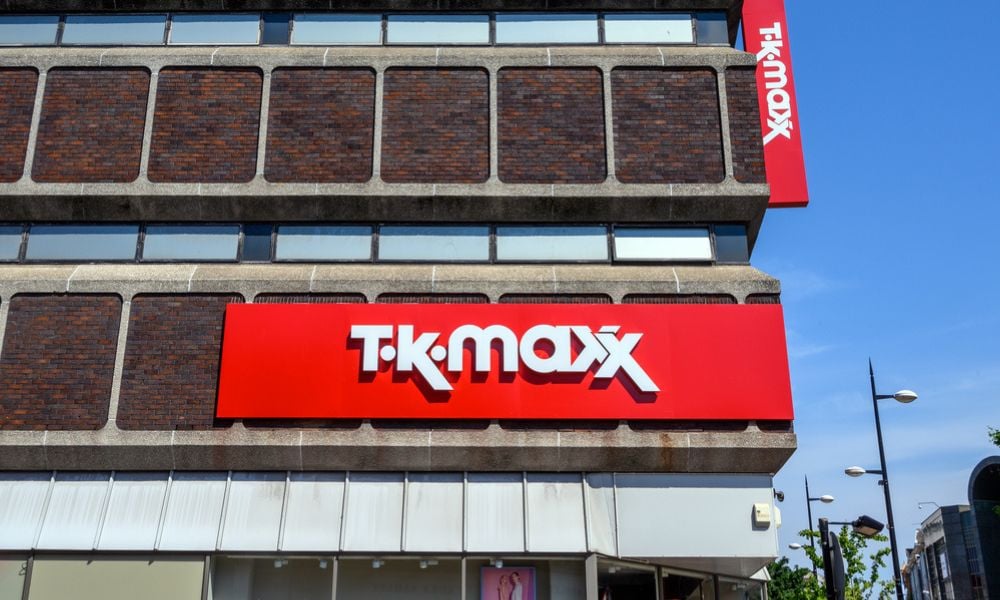The Federal Government is set to begin a paid leave trial for live organ donors.
The Federal Government is set to begin a two year trial of six weeks paid leave for live organ donors. The trial will commence on Monday 8 July 2013.
The trial is a response to the high amount of lobbying from Kidney Health Australia (KHA) and other groups, with the hope of paid leave encouraging more Australians to consider live organ donation to friends and family, ABC reported.
Dr Robert Herkes, state medical director of NSW Organ and Tissue Donation Service, told ABC that the leave will be based on the minimum wage and paid for by The Federal Government.
News Ltd stated that employers will be able to claim a benefit from The Government to support their employees on their time off.
“Each year in NSW there are about 88 kidney donors – people who donate their kidneys to a close relative or friend,” Herkes said. “People who are kidney donors are off work for 5-12 weeks and while they are off work they are not being paid … Sometimes employers will give them sick leave, but often that will run out.”
Herkes feels that the removal of the financial burden may help to improve live organ donation rates in Australia.
While kidney donation is the most common of live organ donations, Herkes stated parents donate parts of their kidneys to their children in some cases. Femoral heads from removed hips and corneas from removed eyescan also be donated, as well as more common blood and bone marrow donations.








